Does Using a VPN Affect Games Like Pokemon GO?
5 min. read
Updated on
Read our disclosure page to find out how can you help VPNCentral sustain the editorial team Read more
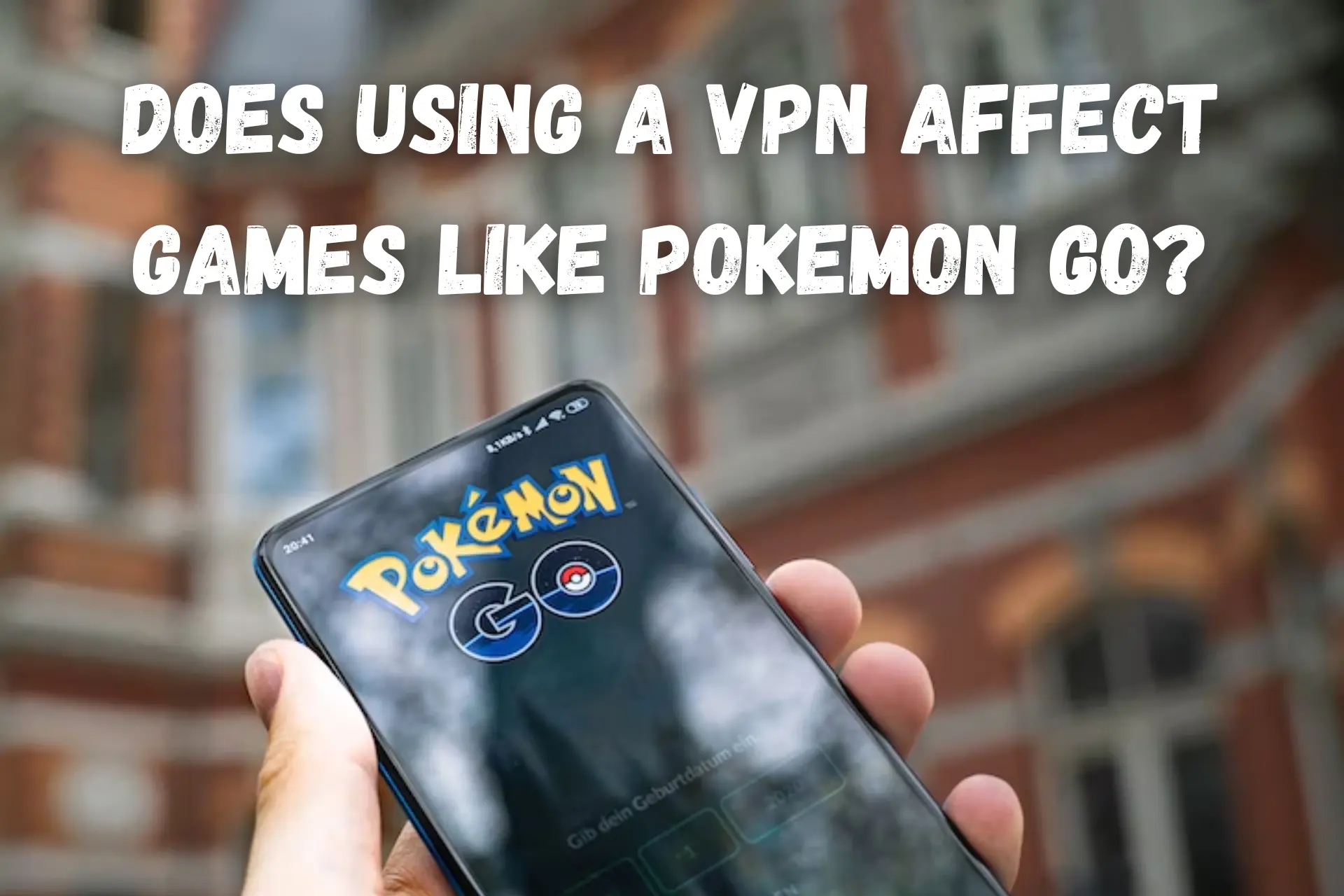
Mobile and PC games don’t always go well with VPNs, or at least, that’s the assumption.
But with the right tool, the possibility to mask your IP and encrypt your traffic can enhance the overall experience.
Keep reading for our detailed overview of the positives and negatives of VPN use while gaming.
Does using a VPN affect gaming?
Yes, it does! Sometimes for the better, sometimes for the worse — it all depends on your VPN provider and physical location.
If you live in a major market with unrestricted access to the hottest mobile and PC games, using a VPN may never even cross your mind. That’s especially the case if you have a high concentration of gaming servers nearby.
After all, rerouting your device’s traffic to third-party hardware instead of going straight to the gaming server may unnecessarily cause lag.
With that in mind, a VPN can also help with many issues gamers face.
That’s why such services, optimized for gaming, are in demand, despite the trade-offs that might come with them.
How does using a VPN affect gaming?
The major aspects of your gaming experience the VPN use impacts are as follows:
1. Virtual location
A VPN allows you to hide your ISP-assigned IP address and use the one linked to a private server of your choice
That’s how you spoof your location to get around geo-restrictions and play regionally-locked games.
Gaming companies have different motivations for geo-blocking, but it’s a common practice for small and big publishers alike.
Routing your traffic to a VPN server in a jurisdiction where the game is freely accessible is often your only way to play it. It can also help get your hands on early releases unavailable in your location.
Some VPNs, like Surfshark, can even override your device’s GPS location. That comes in handy when IP masking isn’t enough to bypass the geo-restrictions set in place by game manufacturers.
Games like Pokemon GO pay attention to GPS data, not the IP. So, if you opt for a gaming VPN with advanced capabilities, you can successfully use your fake location without getting blocked.
2. Privacy
A VPN encrypts your gaming traffic, essentially hiding it from data-collecting third parties.
It’s not uncommon for ISPs to throttle the bandwidth of gamers since they generally send large amounts of data.
But if your traffic is encrypted, your ISP won’t be able to monitor your Internet usage and tell when you’re playing resource-intensive games.
Moreover, hiding your actual IP can protect you against malicious cyber-attacks, which can have real-life consequences.
Namely, disgruntled players could use your IP to track down your social media accounts and then hack your device, stalk you offline, or, in extreme cases, harass you by swatting.
Finally, if a game bans your IP, a VPN can help you indirectly get out of the blacklist. Playing with a masked IP creates the illusion you’re a different player, thus bypassing the ban.
3. Ping
As mentioned, your ISP might throttle your bandwidth to discourage you from engaging in data-heavy activities.
That’s why you may notice your ping is uncharacteristically high when gaming. So, sending your traffic through an encrypted tunnel can be a remedy.
Furthermore, VPNs with 10Gbps servers, optimized for specific games, can route data packets more efficiently, resulting in low ping.
Likewise, these tools may come with unique features designed to speed up your network connection and keep your ping time within 50–150ms.
If a gaming server is overloaded, you may reduce lag by connecting to another with less traffic. A VPN with an expansive global network will have gaming servers housed in different regions, so you’ll get plenty of options.
4. Data packets
Some firewalls prohibit PC and mobile games along with VPN services.
They’re common in schools, corporations, and repressive governments with a strict Internet censorship policy.
Thankfully, VPNs with obfuscation technology can help you fly under the radar and combat deep packet inspection.
This innovation erases traces of your VPN connection, masking your Internet traffic as ordinary.
5. Cybersecurity
Connecting to an unsecured network when playing games can be incredibly risky.
Public Wi-Fi hotspots are prone to man-in-the-middle attacks and are a magnet for hackers. Cybercriminals can intercept your personal data while in transit and steal it to take over your social media and banking accounts.
What’s more, hackers can exploit game vulnerabilities and covertly install malware on your device.
Lastly, an exposed IP puts you at risk of distributed denial-of-service (DDoS) attacks. Namely, other players could target you and flood your connection with a deluge of data until your system goes offline.
A gaming VPN with strong security features can safeguard you from these common issues.
The combination of dedicated IPs, secure tunneling protocols, military-grade encryption, and malware blocking significantly drives down the risk.
Wrap up
Although VPNs have a generally bad reputation for slowing your Internet connection, they come with plenty of benefits.
So, does using a VPN affect games like Pokemon GO negatively? It’s possible.
But if you go with a reputable VPN packed with desirable features for gaming, the positives will outweigh the negatives.

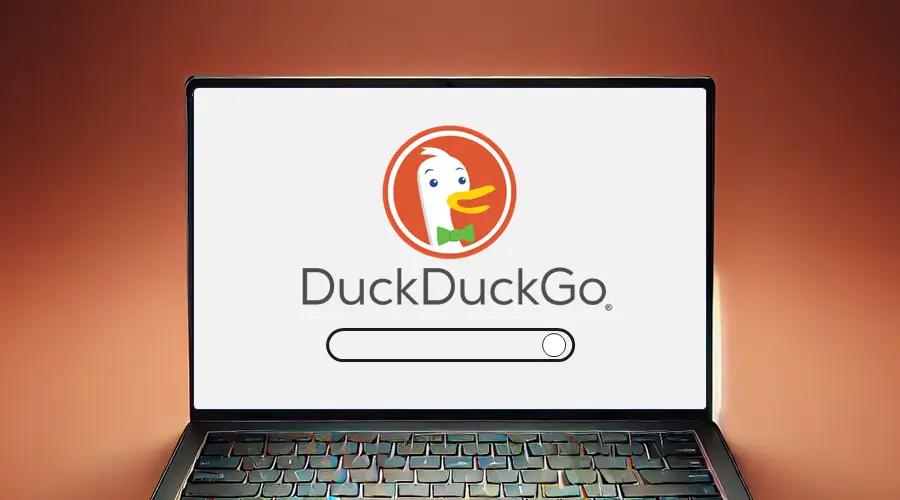
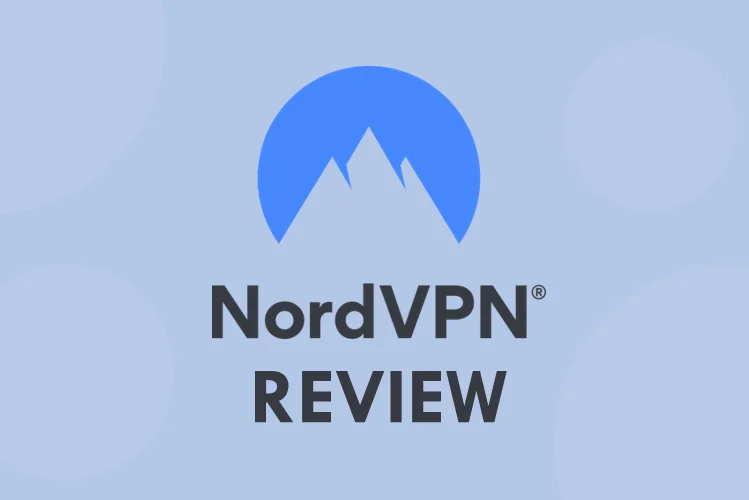
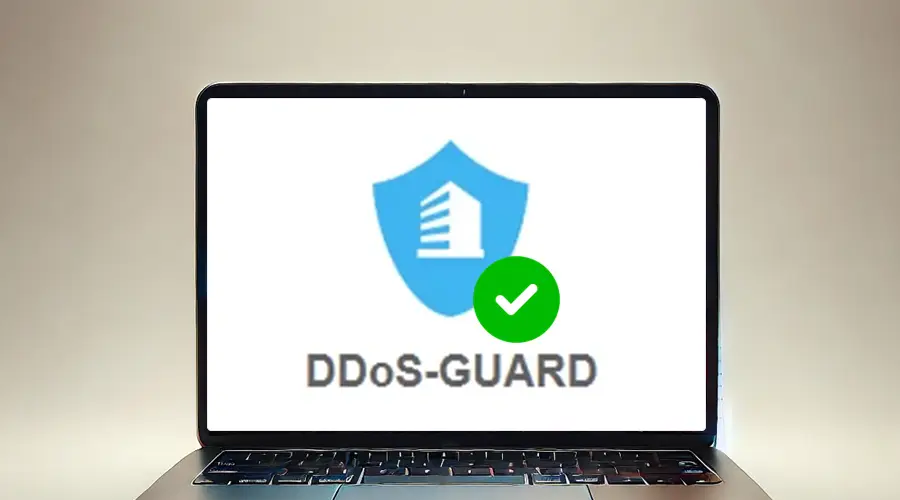


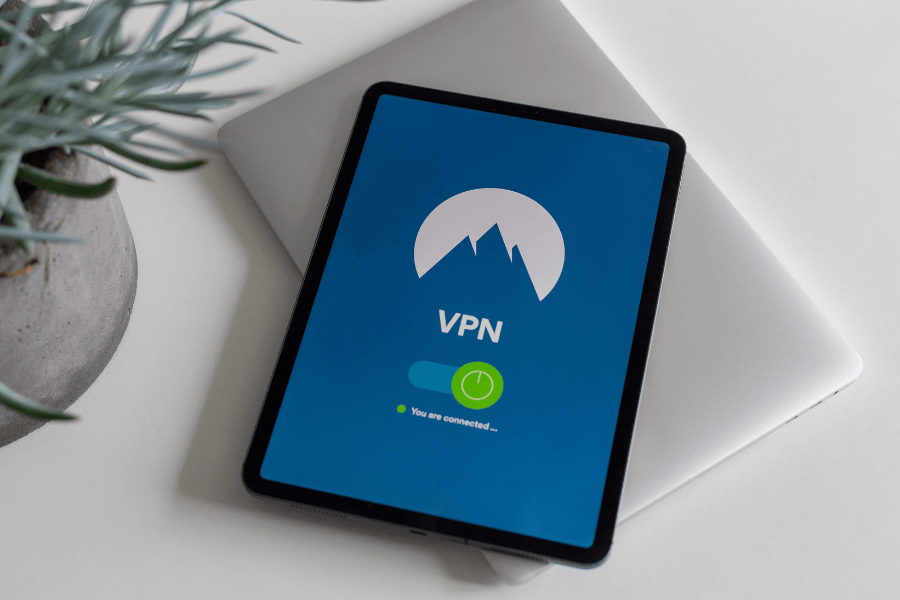
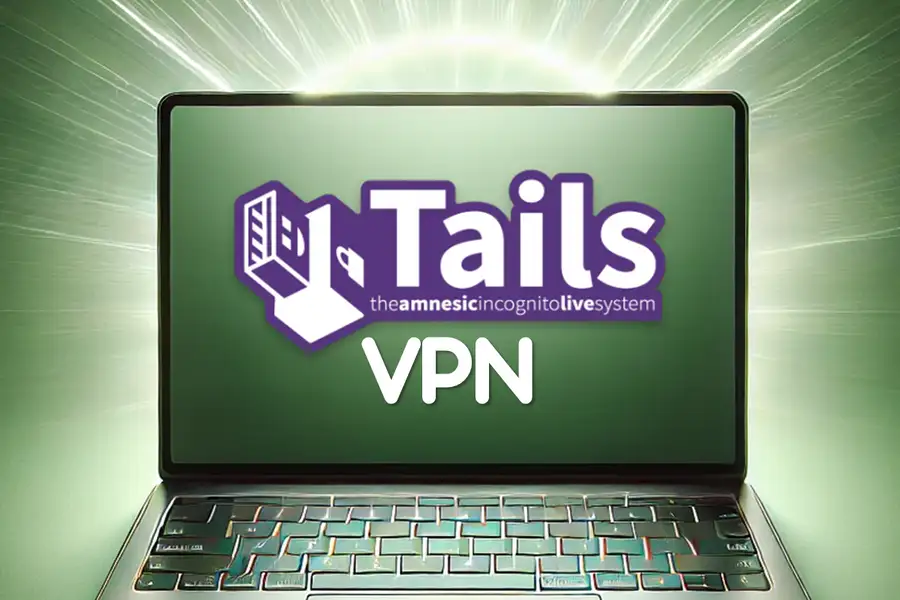

User forum
0 messages